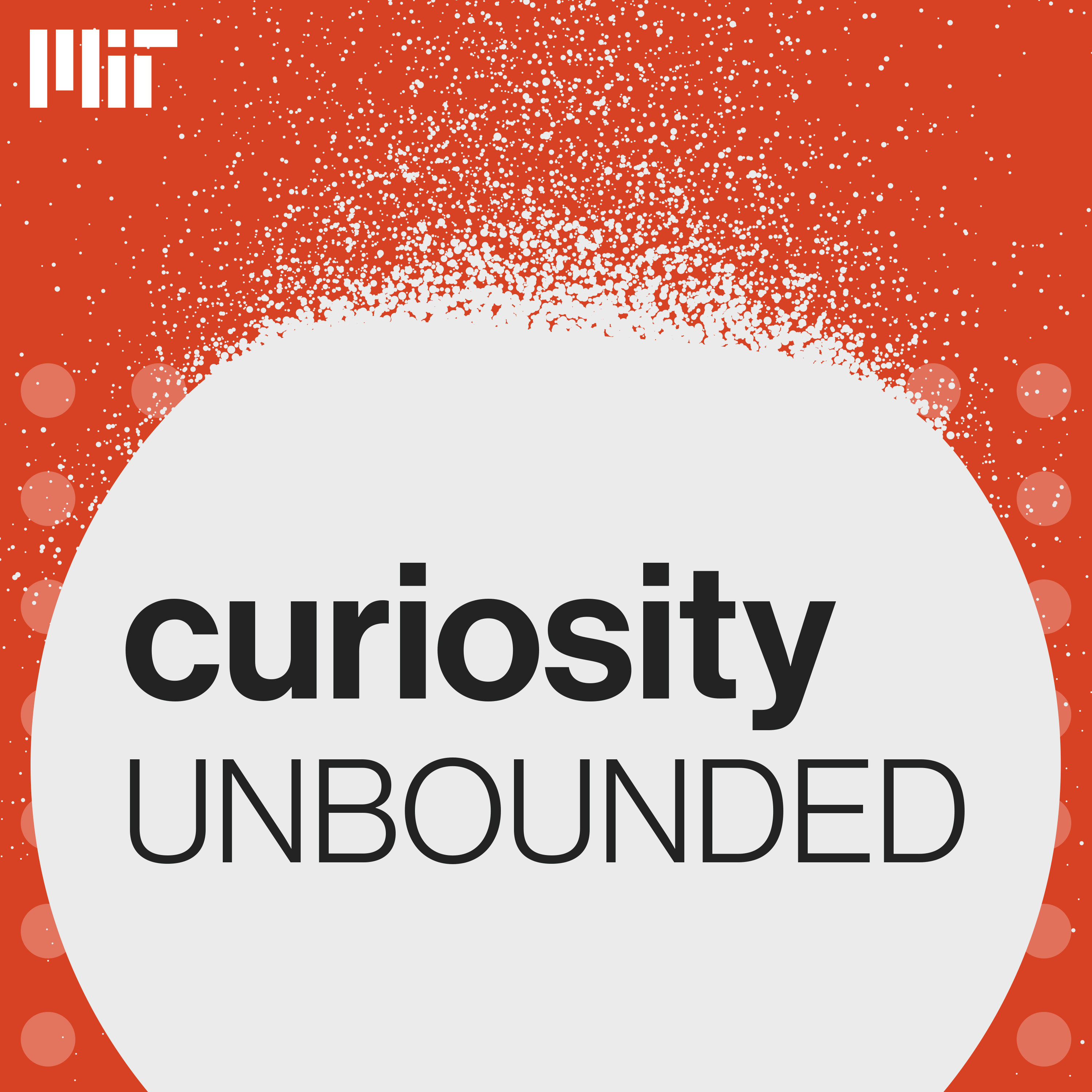Podcasts
Our podcasts are driven by a desire to bring the work of MIT to a global audience, and the shared purpose of advancing knowledge in service of tackling the world’s most pressing problems. We invite you to listen, and tell us what you’d like to hear next: podcasts@mit.edu
Curiosity Unbounded

The Curiosity Unbounded podcast brings you behind the scenes at MIT through conversations between MIT President Sally Kornbluth and the people working in its labs and in the field. Along the way, Sally and her guests discuss pressing issues, as well as what inspires the people running at the world’s toughest challenges at one of the most innovative institutions on the planet.
MIT News

MIT News is dedicated to bringing news from MIT to the world. We cover research, innovation, teaching, entrepreneurship, and the Institute’s distinctive and quirky culture. We find ourselves educated and amazed by our community of hands-on problem-solvers who are eager to know how things work — and inspired to make them work better. We hope you are amazed, too.